 As seen on SleepDallas.com…
As seen on SleepDallas.com…
A decrease in sleep, increases your appetite… and ultimately, your weight.
Ironically in dreamland, we are all our ideal size. Weight issues are non-existent. We don’t have to follow some low-carb diet. There is no working up a sweat running on a treadmill for hours. No need for herbal supplements or any magical pills. We just fall asleep and voila – we are instantly thinner.
Studies have shown that there certainly is a correlation between good health and good sleep. People with sleep deficiencies have distorted quantities of a hormone that has been identified in controlling hunger. This creates an amplified appetite and increases your preference for high calorie foods.
There is an abundance of physical consequences evident when your body lacks sleep. Sleep loss affects your mood, your appetite and your hormones. You’re inclined to desire comfort food when you are tired and it’s more probable that you will indulge your craving for them. You’ll grab for the chips, chocolate and candy rather than choosing carrot sticks.
Even though it may feel like you have a boost in your energy level, you will find yourself hungry more frequently. Your hunger isn’t the real problem; your sleepiness is. That will result in you not just making bad food choices but making frequent bad choices.
For a lot of people, emotional eating is triggered when you are tired. This is because you’re less resistant to stress and stress leads to eating. Also, people will use food as a means to stay awake. Again, your body is craving sleep, not food, but in your sleepy state, you fail to recognize this.
Visit Great Lakes Family Dental today and schedule an appointment to find out what kind of treatment your teeth needs to be healthier and to look better. Call 317-841-1111 or www.smilesbygeorge.com.
Great Lakes Family Dental proudly serves Indianapolis and all surrounding areas.

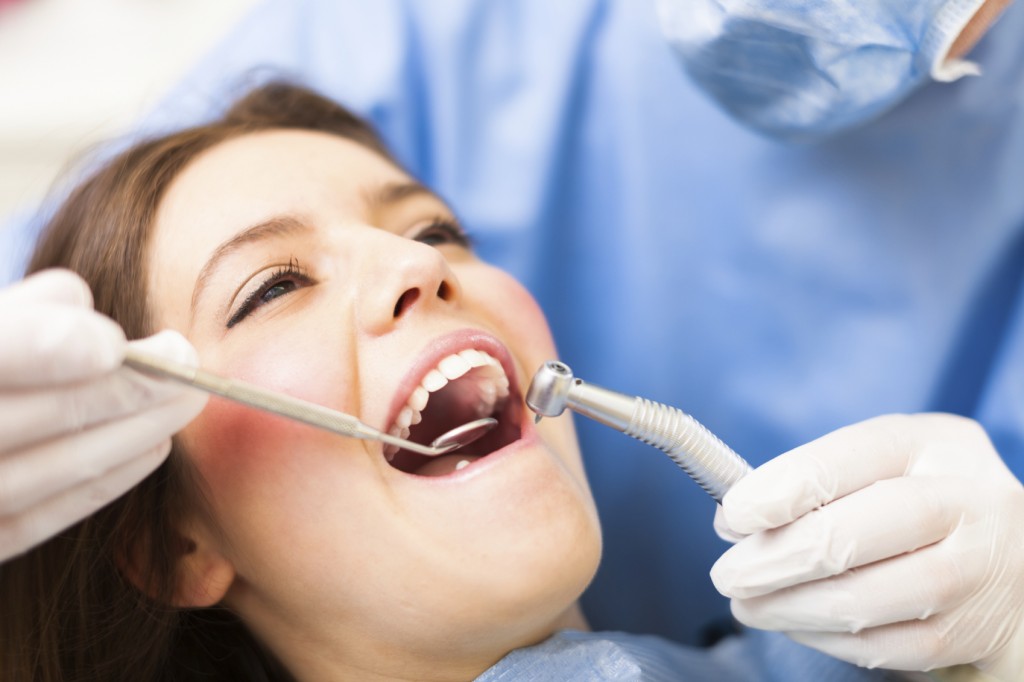 We know that our dental visits help ensure that we continue to have a healthy mouth and bright smile. But if you have never been to the dentist, these
We know that our dental visits help ensure that we continue to have a healthy mouth and bright smile. But if you have never been to the dentist, these 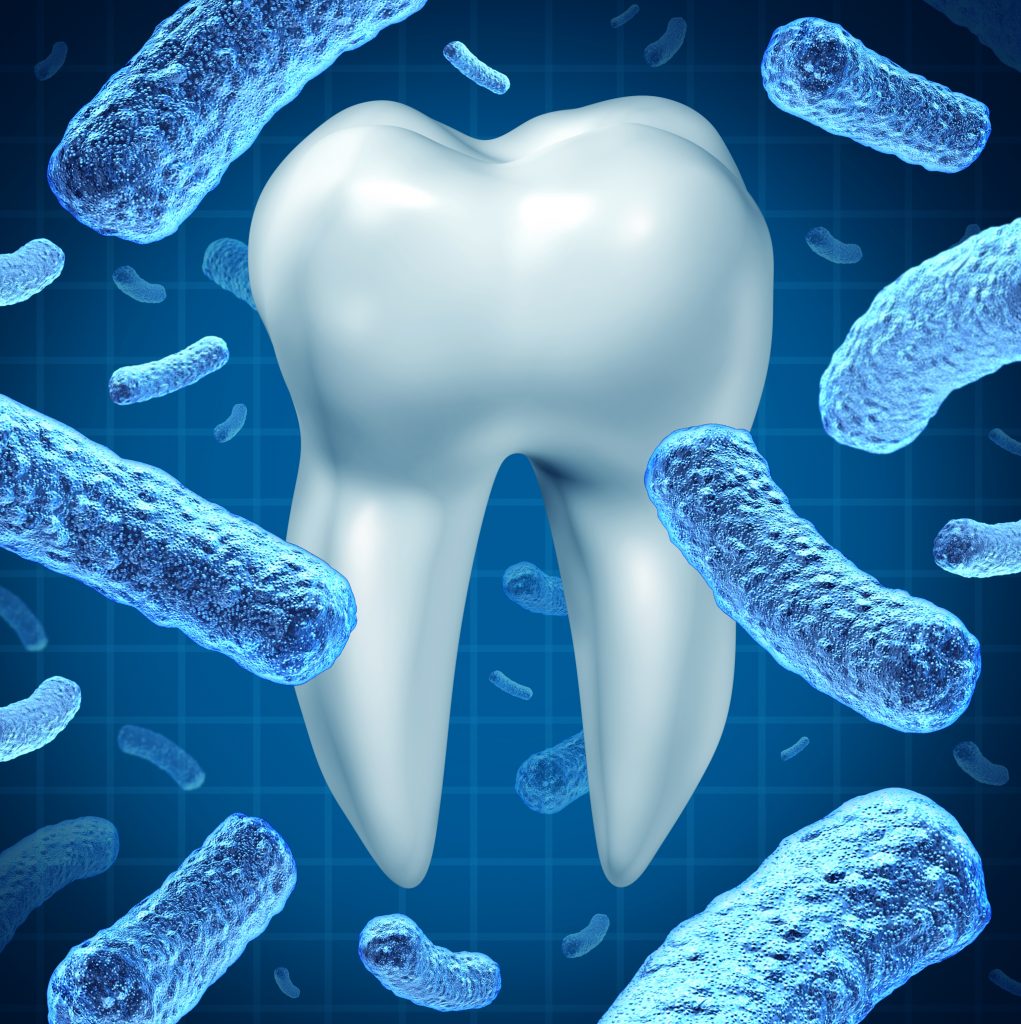 Who doesn’t love that minty fresh feeling your mouth has after a good rinse with
Who doesn’t love that minty fresh feeling your mouth has after a good rinse with 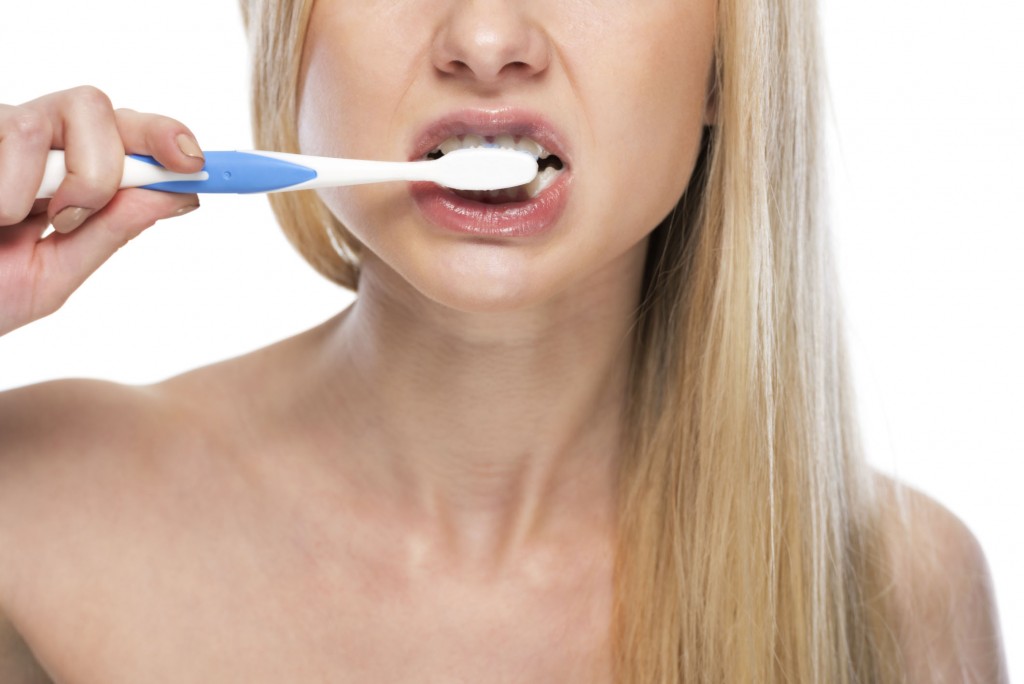 When we have the chance to improve your smile with
When we have the chance to improve your smile with 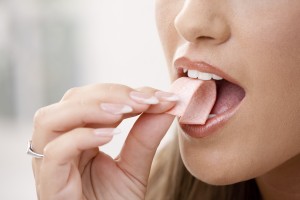 Do you suspect you have bad breath? If so, it might be an indication of other problems and not just a lack of proper
Do you suspect you have bad breath? If so, it might be an indication of other problems and not just a lack of proper 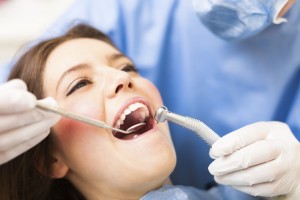 It will always be a nerve-wracking time preparing to see any sort of health professional. As adults, we seem to try dodging these appointments whenever possible. You aren’t exactly sure why, you just know you don’t want to go. For many, the thought of the unknown is the worst part about these meetings. So after years of deflecting the inevitable, don’t you want to understand why?
It will always be a nerve-wracking time preparing to see any sort of health professional. As adults, we seem to try dodging these appointments whenever possible. You aren’t exactly sure why, you just know you don’t want to go. For many, the thought of the unknown is the worst part about these meetings. So after years of deflecting the inevitable, don’t you want to understand why? When we think about athletes, we think about strong healthy individuals that take their sport by storm with all of their physical ability. They train hard, they eat well to give their bodies the proper nutrition in order to perform at their peak. But what if I told you that athletes actually have more to worry about when it comes to their oral health. It’s true. We may all have the same basic guidelines when it comes to
When we think about athletes, we think about strong healthy individuals that take their sport by storm with all of their physical ability. They train hard, they eat well to give their bodies the proper nutrition in order to perform at their peak. But what if I told you that athletes actually have more to worry about when it comes to their oral health. It’s true. We may all have the same basic guidelines when it comes to 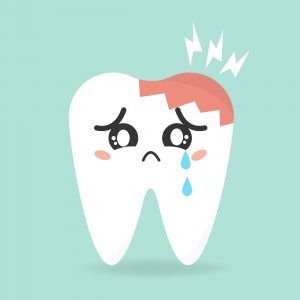 There are lots of
There are lots of  If you’ve ever experienced a sharp and annoying pain in your teeth whenever it comes contact with anything hot or cold, then you’re probably suffering from tooth sensitivity. While not all too severe, tooth sensitivity can cause you to avoid certain foods and beverages, which is why it’s important that you get to the bottom of this annoyance.
If you’ve ever experienced a sharp and annoying pain in your teeth whenever it comes contact with anything hot or cold, then you’re probably suffering from tooth sensitivity. While not all too severe, tooth sensitivity can cause you to avoid certain foods and beverages, which is why it’s important that you get to the bottom of this annoyance.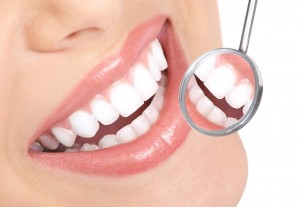 The enamel is the hard, protective shell that covers much of the surface of your teeth. It is strong and durable. It also happens to be your teeth’s natural, built-in defense system against various dental problems, such as cavities and tooth decay.
The enamel is the hard, protective shell that covers much of the surface of your teeth. It is strong and durable. It also happens to be your teeth’s natural, built-in defense system against various dental problems, such as cavities and tooth decay.